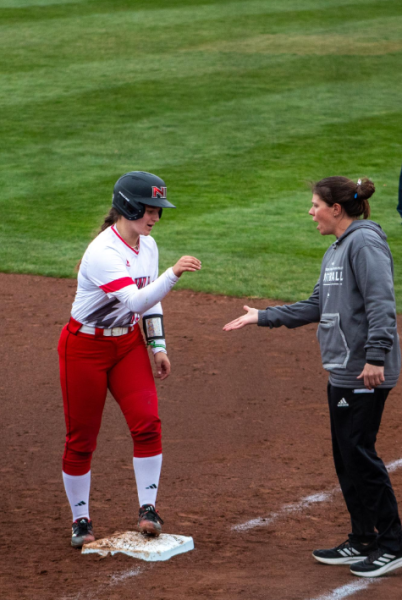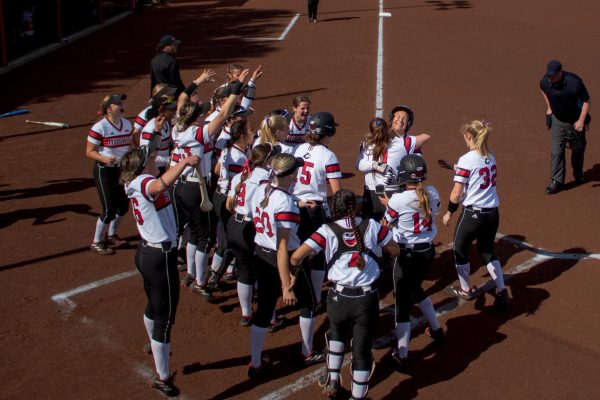Fishing club reels in money
August 29, 2012
There’s an NIU club with members who fish not just for food or fun, but to beat other anglers.
That club is the Huskie Bass, which was recognized by the Student Association on Oct. 16. The club has since placed 105th out of 107 at the 2012 BoatUS collegiate bass fishing championship and earned $1,000 from various tournaments.
The sport of fishing involves a team of two players who compete against other teams to catch the biggest fish while riding around in a boat, said Steve McClone, co-founder and captain of the Huskie Bass.
Fishing requires a lot of skill, McClone said. To fish well, a person has to do research on the bodies of water they’ll fish in.
“The water is everything for fishing,” McClone said.
Inspecting the water for muddiness, chemical abuse and temperature is important for fishing, McClone said. The bigger fish tend to stay in the cooler areas of the water when the temperature is hot.
Dan Kosycarz, a member of the club, said other factors include wind pressure, speed and the biology of the fish.
“Part of it is just being out there in nature and learning about the species,” Kosycarz said.
A lot of luck is involved in fishing, McClone said.
In tournaments, fishermen are only allowed to use artificial fishing lures, McClone said. Fishermen can use anything else to compete like bigger boats, faster boats and electronic equipment.
Kosycarz said in more professional tournaments where the winners can earn up to $100,000, the quality of tools between players tend to be equal. The tools used in college fishing tournaments tend to be equal as well, he said.
“The experience doesn’t always match the equipment,” Kosycarz said.
Kosycarz said he and his partner were fishing with a $600 boat with a blown motor against other fishermen with better boats at one tournament. Kosycarz’s team managed to place fourth out of 20.
The tournaments are regulated by having a referee supervise each boat and by having all the captured fish weighed. Sometimes fishermen have to take a lie detector test after the tournament, McClone said.
College fishing appears to be growing more popular, Kosycarz said. More colleges and universities, including private ones, are having their own teams compete. Schools can usually make over $100,000 in a year from tournament winnings, McClone said.
“They realize it is an investment because if they do well, they can make money,” McClone said.
The club applied to be an official college-sponsored team, but at the moment receives sponsorship from the Campus Recreation Center, Kosycarz said. He said they hope they’ll eventually receive more recognition from the university.













